|
|
Dam breach threatens to exacerbate Ukraine’s ecological crisis, reminiscent of Chornobyl, amid ongoing conflict
Ukraine is grappling with what experts are calling its worst ecological disaster since the Chornobyl nuclear accident in 1986, as the recent breach of the Nova Kakhovka Dam intensifies the environmental consequences of the ongoing Russia-Ukraine conflict.
The breach, which occurred as a result of Russian military actions, has prompted widespread concern over the devastating impact on the region’s ecosystems, water supplies, and public health. International agencies are urging immediate action to mitigate the unfolding crisis.
Dam Breach: Amplifying Ukraine’s Ecological Crisis
On June 6, 2023, the Nova Kakhovka Dam, located in southern Ukraine near the border with Crimea, suffered a catastrophic breach.
The dam, which held back water from the Dnipro River, was targeted and destroyed by Russian forces as part of their ongoing aggression in the region. The breach has unleashed an uncontrollable surge of water, causing severe flooding and leaving a trail of destruction in its wake.
The environmental implications of the dam breach are dire. The Dnipro River serves as a lifeline for millions of Ukrainians, providing water for drinking, irrigation, and industrial purposes. The sudden release of water threatens to contaminate vital water supplies, disrupt ecosystems, and destroy farmland, exacerbating an already fragile humanitarian situation.
Chornobyl Flashbacks: Lingering Memories of Past Tragedy
The magnitude of the unfolding disaster draws haunting parallels to Ukraine’s darkest chapter—the Chornobyl nuclear disaster.
The Chornobyl incident, which occurred nearly four decades ago, resulted in widespread radioactive contamination, displaced communities, and lasting health consequences. Now, as the Kakhovka Dam breach unfolds, fears of a new ecological catastrophe grip the nation.
Experts emphasize that the release of contaminated water from the dam could spread hazardous pollutants and toxins, jeopardizing the health of millions. The long-term consequences on the environment and public health remain uncertain but are anticipated to be severe, echoing the far-reaching impact of the Chornobyl disaster.
Immediate Evacuation Efforts and International Aid
In the wake of the dam breach, Ukrainian authorities swiftly initiated large-scale evacuation efforts to ensure the safety of residents in affected areas.
Tens of thousands of people have been forced to flee their homes, seeking shelter in temporary accommodations or with relatives in safer regions. The displacement adds to the growing humanitarian crisis in Ukraine, as the conflict with Russia continues to inflict hardship on the civilian population.
The international community has rallied to support Ukraine during this devastating time. Humanitarian organizations, including the United Nations, have mobilized resources and aid to provide assistance to those affected.
Urgent appeals for financial support have been made to help address the immediate needs of displaced individuals and bolster environmental protection measures.
Mitigating the Ecological Fallout: A Daunting Task Ahead
Rebuilding and mitigating the ecological fallout from the dam breach will undoubtedly be an arduous task for Ukraine. Experts predict that the effects could be long-lasting, necessitating a comprehensive and sustained effort to restore affected ecosystems, repair critical infrastructure, and safeguard water resources.
The incident serves as a stark reminder of the urgent need for a resolution to the war. The toll on human lives, the environment, and the stability of the region have been devastating, underscoring the imperative for diplomatic solutions to prevent further environmental and humanitarian catastrophes.
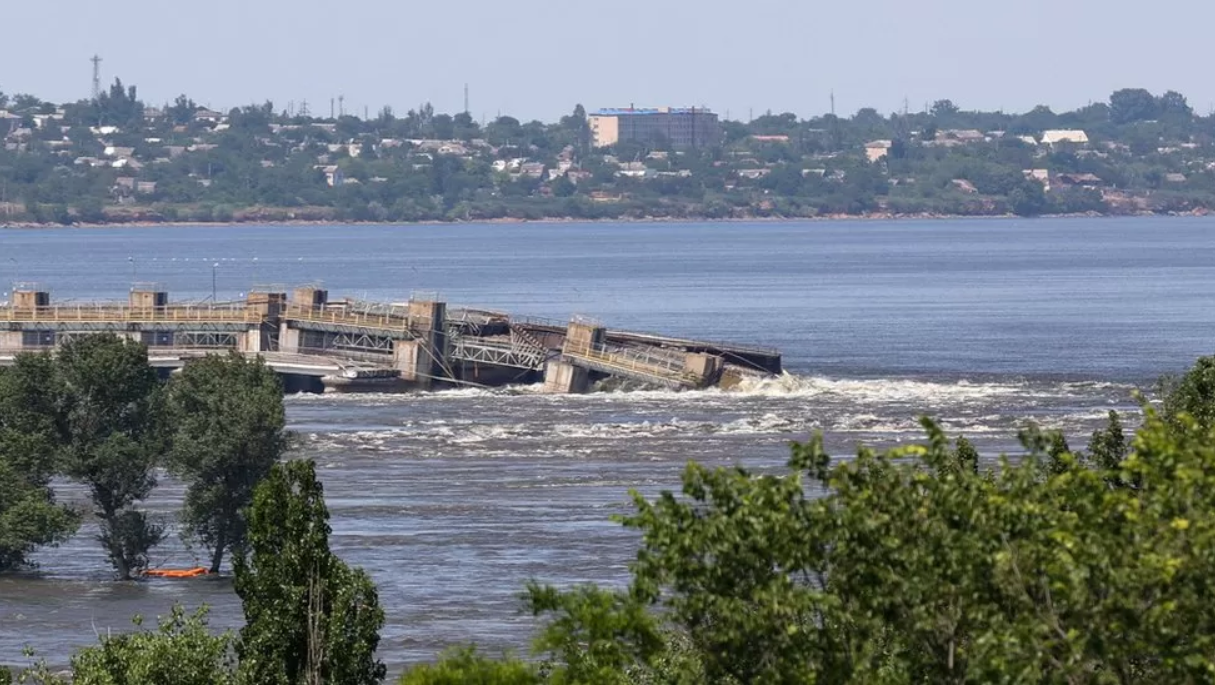



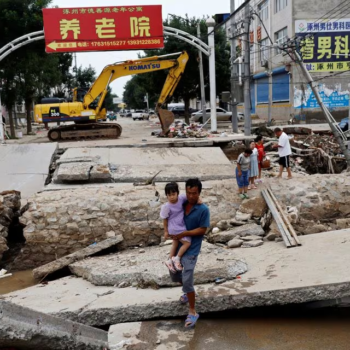

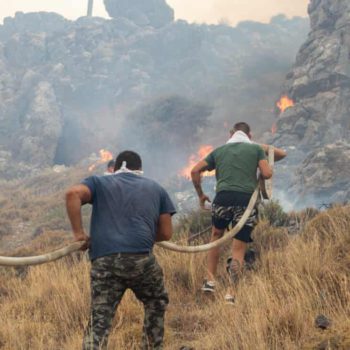

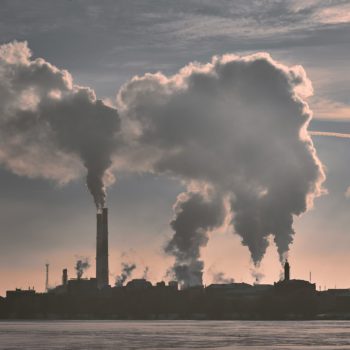

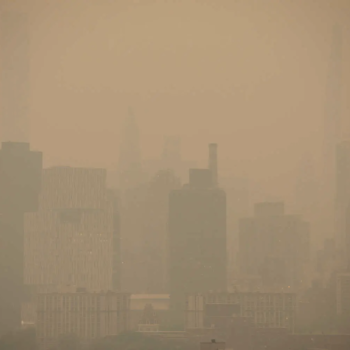


No Comments